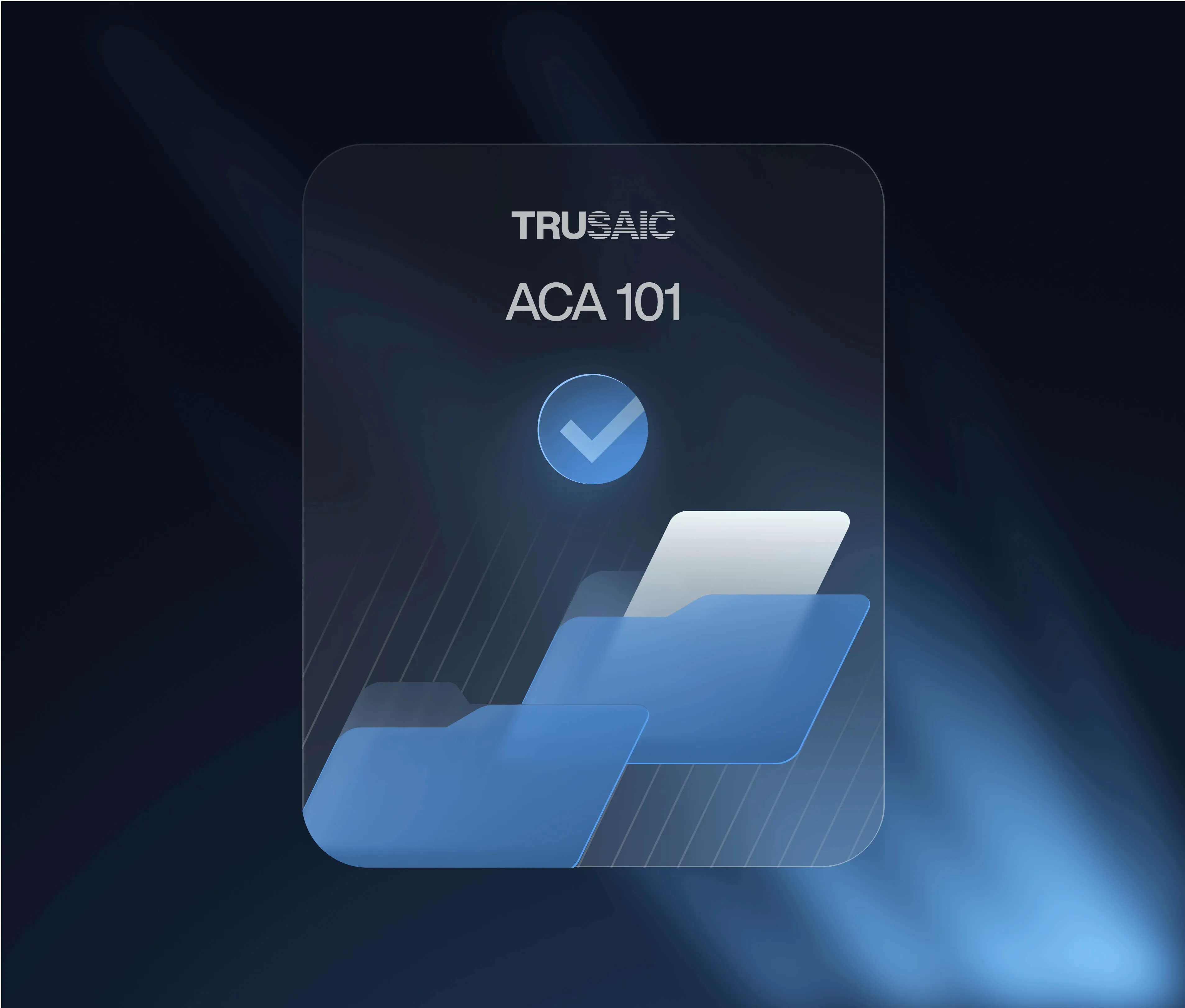Companies today should be aware that their employees, customers, and shareholders are increasingly having “trust issues” with them. These organizations could face strong consequences from “talking the talk but not walking the walk” with regard to environmental, social, and governance (ESG) criteria.
For example, while 80% of the U.S. population want companies to help solve society’s issues, and while 71% trust their employer to do what’s right on systemic racism and racial injustice, the gap between these expectations and companies’ ESG efforts (or lack thereof) is becoming more and more apparent.
Investopedia defines ESG as “a set of standards for a company’s operations that socially conscious investors use to screen potential investments. Environmental criteria consider how a company performs as a steward of nature. Social criteria examine how it manages relationships with employees, suppliers, customers, and the communities where it operates. Governance deals with a company’s leadership, executive pay, audits, internal controls, and shareholder rights.”
Organizations that are not seen as working to solve issues related to ESG will face an increasing loss of trust. But why is trust so important? According to the Edelman Trust Barometer Special Report, “trust unlocks deeper, more resilient relationships between the brand and its consumers … [people] who highly trust the brands they purchase will reward them with loyalty, engagement, and advocacy:
- Loyalty: 75 percent of people with high brand trust say they will buy the brand’s product even if it isn’t the cheapest, it is the only brand of the product they’ll buy, and they will immediately check out a new product from that brand to purchase.
- Engagement: 60 percent of people with high brand trust say they’re comfortable sharing personal information with the brand, and they pay attention to the brand’s communications.
- Advocacy: 78 percent with high brand trust say they’ll likely share or repost content about the brand, they will recommend the brand to others, and they will defend the brand against criticism.”
So, what happens when that trust is lacking? And make no mistake, it is: Fast Company reports that, “Americans are down on corporations. Almost two-thirds (62%) distrust the Fortune 500, and nearly half (47%) say business behavior is headed in the wrong direction.”
One result of this lack of trust is that shareholders are increasingly unwilling to invest in companies that have ESG risk. There are now organizations whose job it is to develop ESG risk ratings on publicly traded companies as a way of advising investors whether or not they should invest in a company. As Forbes puts it, “ESG investing relies on independent ratings that help you assess a company’s behavior and policies when it comes to environmental performance, social impact and governance issues.” Companies that compile these ratings, “consider two elements: what risks the businesses are exposed to and how well they’re managing them … [if a] company is adequately prepared, it gets a lower [risk] score. Firms that do have appropriate risk-handling measures in place should disclose what they are doing, to ensure that those measures are taken into account.”
Investors, both independent and institutional, are becoming more reluctant to put their money into companies that, according to Fast Company, aren’t “paying living wages, preventing avoidable hazards in the workplace, enabling better work/life balance, and improving pay transparency.”
Conversely, ESG investing is “gaining traction. Research is increasingly showing that this investing method can reduce portfolio risk, generate competitive investment returns, and help investors feel good about the stocks they own.”
There’s talk about leveraging SASB, as well as large auditing firms like PwC, to develop and implement standards from an accounting perspective that quantify ESG risk ratings for rigorous reporting. If/when this comes to pass, companies will have legal liability if they don’t accurately report on their ESG efforts; Lexology reports, “as the interest and focus on ESG issues grows, businesses’ activities in these areas will come under increased scrutiny … it follows that we have seen, and expect to continue to see, an increase in litigation arising out of sustainability and ESG issues. The disputes which may arise in this context will be many and varied, and include climate change litigation, disputes arising out of false or misleading ESG disclosures, environmental issues, supply chain and human rights issues and corporate governance issues.”
In any case, organizations that walk the walk with regard to ESG, and have the metrics to prove it, are going to reap the rewards. One such metric is pay equity, which is strongly interconnected with issues surrounding Diversity, Equity, Inclusion, and Access (DEI&A). Companies would do well to consult with an expert firm to monitor pay equity on a monthly basis, in compliance with GRI-405, which “sets out reporting requirements on the topic of diversity and equal opportunity,” and GRI-406, which states that, “an organization is expected to avoid discriminating against any person on any grounds, including avoiding discrimination against workers at work.”
To learn more about achieving pay equity, click here; to find out more about how organizations can bolster their ESG efforts (specifically with regard to DEI&A) with the help of an expert partner, click here.









